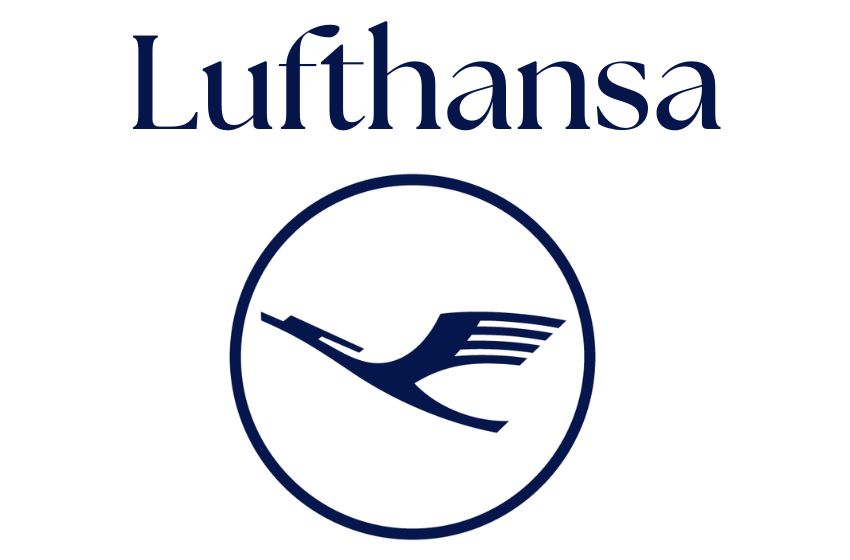Lufthansa, one of the world’s oldest and most respected airlines, has a rich history that spans nearly a century. From its humble beginnings to becoming a global aviation leader, Lufthansa has played a pivotal role in shaping the airline industry. This blog will take you on a journey through time, exploring the legacy of Lufthansa, its contributions to aviation, and its commitment to excellence.
Introduction: The Birth of an Icon
Lufthansa, officially Deutsche Lufthansa AG, was founded on January 6, 1926, in Berlin, Germany. Its creation marked the beginning of a new era in aviation, as the airline quickly established itself as a pioneer in the industry. Lufthansa’s founders envisioned a company that would connect Germany to the world, and their vision has since become a reality.
The airline’s name, derived from the German word “Luft” (air) and “Hansa” (a historical trade guild), symbolizes its mission to connect people and cultures through the skies. Over the years, Lufthansa has grown from a regional carrier to a global aviation powerhouse, known for its innovation, safety, and customer service.

The Early Years: Pioneering Aviation
In its early years, Lufthansa was at the forefront of aviation technology and innovation. The airline’s first fleet consisted of Junkers F13 aircraft, which were among the most advanced of their time. These aircraft allowed Lufthansa to offer reliable and efficient air travel, setting the stage for its future growth.
During the 1930s, Lufthansa continued to expand its network, introducing new routes and aircraft. The airline played a crucial role in developing transatlantic flights, connecting Europe to North and South America. This period also saw the introduction of the iconic Junkers Ju 52, which became synonymous with Lufthansa’s early success and reliability.
World War II and Rebirth
The outbreak of World War II brought significant challenges to Lufthansa. The airline’s operations were heavily impacted, and many of its aircraft were repurposed for military use. Following the war, Lufthansa faced a period of uncertainty and rebuilding. The airline was officially reestablished in 1953, marking the beginning of a new chapter.
The post-war era saw Lufthansa quickly regain its position as a leading airline. The introduction of modern aircraft like the Lockheed L-1049 Super Constellation and the Boeing 707 allowed Lufthansa to expand its international reach. By the 1960s, Lufthansa had established itself as a key player in the global aviation market.
The Jet Age: Expanding Horizons
The advent of the jet age brought about a revolution in air travel, and Lufthansa was quick to embrace this new technology. The airline’s acquisition of the Boeing 707 in 1960 marked the beginning of a new era of long-haul travel. The jet’s increased speed and range allowed Lufthansa to offer faster and more efficient flights to destinations around the world.
Throughout the 1970s and 1980s, Lufthansa continued to expand its fleet and route network. The introduction of the Boeing 747, known as the “Queen of the Skies,” further solidified Lufthansa’s position as a leader in long-haul travel. The airline’s commitment to innovation and customer service helped it build a loyal customer base and earn a reputation for excellence.
Technological Advancements and Sustainability
In recent decades, Lufthansa has continued to lead the way in technological advancements and sustainability. The airline’s investment in modern, fuel-efficient aircraft like the Airbus A350 and Boeing 787 reflects its commitment to reducing its environmental impact. Lufthansa’s focus on sustainability extends beyond its fleet, encompassing initiatives to reduce waste and improve operational efficiency.
Lufthansa has also embraced digital transformation, enhancing the customer experience through technology. The airline’s digital services, such as mobile check-in and personalized travel assistance, have made air travel more convenient and enjoyable for passengers. These advancements demonstrate Lufthansa’s dedication to staying at the forefront of the industry.
Commitment to Customer Service
Lufthansa’s success can be attributed in large part to its unwavering commitment to customer service. The airline has consistently prioritized the needs and comfort of its passengers, offering a range of services designed to enhance the travel experience. From luxurious first-class cabins to comfortable economy seating, Lufthansa caters to a diverse clientele.
The airline’s loyalty program, Miles & More, rewards frequent flyers with exclusive benefits and privileges. Lufthansa’s extensive network of lounges, including the renowned First Class Terminal in Frankfurt, provides travelers with a premium experience before their flight. This focus on customer satisfaction has helped Lufthansa build a strong and loyal customer base.
Challenges and Resilience
Like all airlines, Lufthansa has faced its share of challenges over the years. Economic downturns, geopolitical events, and health crises such as the COVID-19 pandemic have tested the airline’s resilience. Despite these challenges, Lufthansa has consistently demonstrated its ability to adapt and overcome adversity.
The airline’s response to the COVID-19 pandemic showcased its commitment to safety and innovation. Lufthansa implemented stringent health and safety measures, ensuring the well-being of passengers and crew. The airline also adapted its operations to meet changing travel demands, offering flexible booking options and expanding cargo services to support global supply chains.

Conclusion: A Legacy of Excellence
Lufthansa’s journey through time is a testament to its enduring legacy of excellence in the aviation industry. From its pioneering beginnings to its status as a global leader, Lufthansa has consistently set the standard for innovation, safety, and customer service. The airline’s commitment to sustainability and technological advancement ensures that it will continue to play a vital role in the future of air travel.
As Lufthansa looks to the future, it remains dedicated to connecting people and cultures around the world. The airline’s rich history and unwavering commitment to excellence provide a strong foundation for continued success. Whether you’re a frequent flyer or a first-time traveler, Lufthansa’s legacy of excellence ensures a world-class travel experience.
In celebrating its storied past and embracing the opportunities of the future, Lufthansa stands as a symbol of the enduring spirit of aviation. The airline’s journey through time is a reminder of the incredible progress that can be achieved through vision, innovation, and a commitment to excellence.



